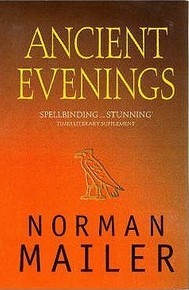What do you think?
Rate this book


709 pages, Paperback
First published March 1, 1983
Come with me to the fire festival, let us burn each other blind. Let us dance, let us dance away, dance till the end of time. Come with me to the islands of the dead, to the soul house, to the fire-house, to smoke and ash of laughter in your head, sweet laughter, hereafter, ever after, in the islands of the dead.
We sail across dominions barely seen, washed by the swells of time. We plow through fields of magnetism. Past and future come together on thunderheads and our dead hearts live with lightning in the wounds of the Gods.
